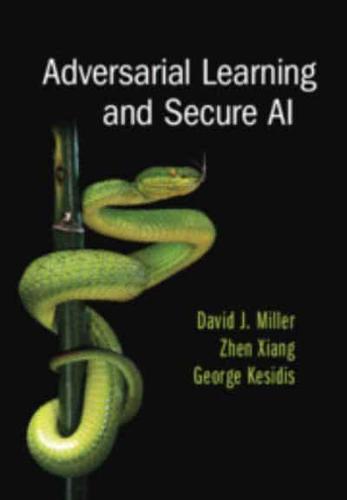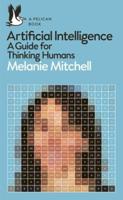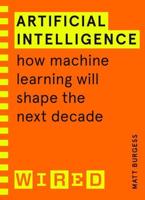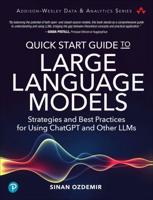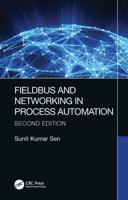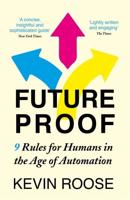Publisher's Synopsis
Providing a logical framework for student learning, this is the first textbook on adversarial learning. It introduces vulnerabilities of deep learning, then demonstrates methods for defending against attacks and making AI generally more robust. To help students connect theory with practice, it explains and evaluates attack-and-defense scenarios alongside real-world examples. Feasible, hands-on student projects, which increase in difficulty throughout the book, give students practical experience and help to improve their Python and PyTorch skills. Book chapters conclude with questions that can be used for classroom discussions. In addition to deep neural networks, students will also learn about logistic regression, naïve Bayes classifiers, and support vector machines. Written for senior undergraduate and first-year graduate courses, the book offers a window into research methods and current challenges. Online resources include lecture slides and image files for instructors, and software for early course projects for students.
